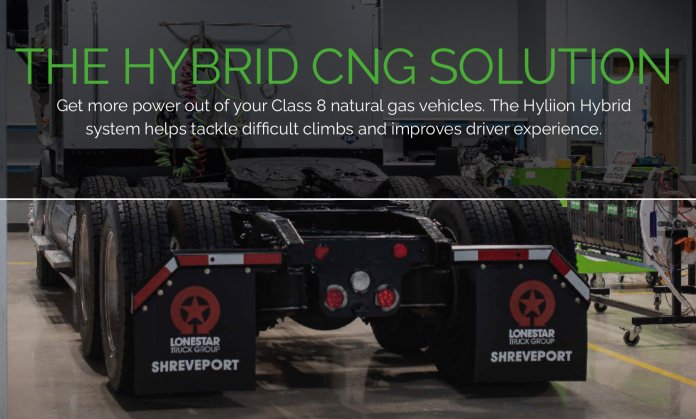NW Natural has expanded its free truck loan program by adding a powerful, high-mileage and low-emission Class 8 truck for long and heavy hauls. The company is adding this new generation of compressed natural gas (CNG) and hybrid electric technology so fleet operators can experience the vehicle during a short-term, no-cost demo period.
In the fall of 2019, NW Natural offered its first Class 8 400 hp 12-liter natural gas truck available for loan. Now, the company is offering a natural gas new hybrid electric vehicle that adds up to an additional 120 hp. NW Natural will cover both leasing and fuel costs.
“By combining electric technology with renewable natural gas (RNG), companies are saving money while meeting sustainability goals, even for the heavy loads we have in the Pacific Northwest,” says Chris Kroeker, product manager of natural gas vehicles at NW Natural.
“This truck really combines the best of both worlds and is a unique solution for long-haul fleets,” he adds.
The hybrid system on this truck is provided by Hyliion Inc., a company dedicated to electrification solutions for heavy-duty vehicles. According to Hyllion, the system bolsters the already-existing advantages of natural gas by adding power to manage steep grades and heavy loads. The E-axle intelligently boosts power by up to 120 hp, improving the performance of a 400 hp CNG truck to maintain speed on hills and pull loads of 100,000 pounds or more. The E-axle captures unneeded energy when the vehicle travels downhill or brakes, charging the Hyliion low-weight battery. The system requires no plug-in charging and adds only 800 pounds to the gross weight of the vehicle.
By using RNG, net greenhouse gas emissions can be reduced below zero. And RNG is eligible for clean and renewable fuel incentive programs, meaning even lower fuel costs. Kroeker adds that increasingly, RNG is being used in heavy-duty vehicle fleets. RNG – methane captured from sources like dairy farms and waste treatment facilities – is an important way to reduce greenhouse gases, so many states and the federal government encourage its production.




